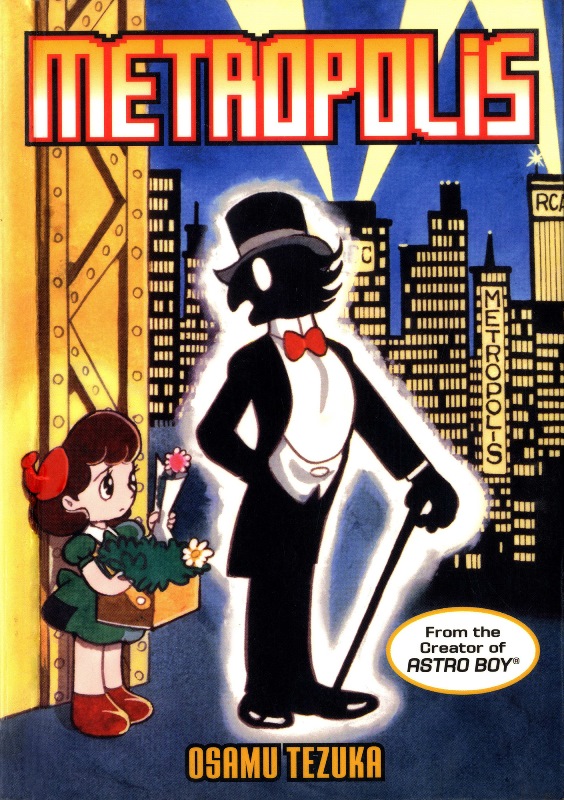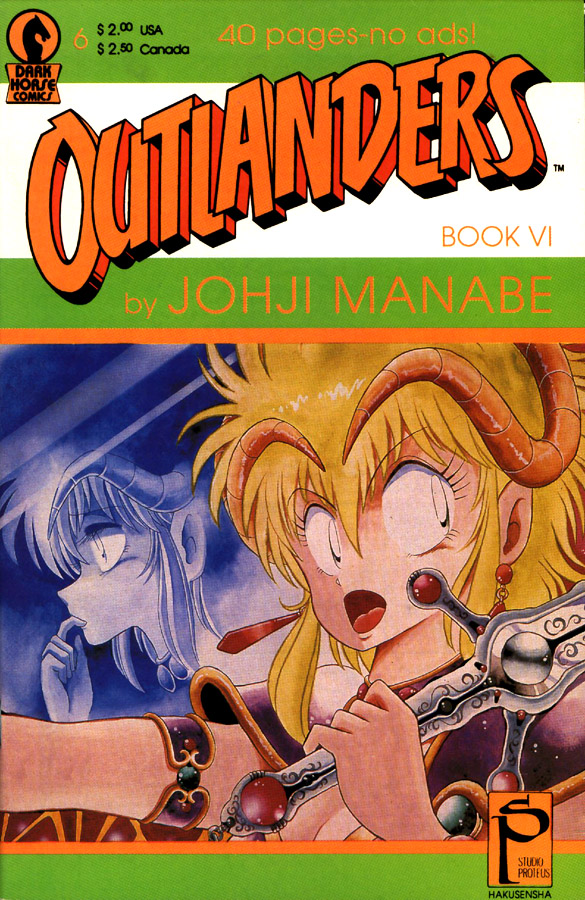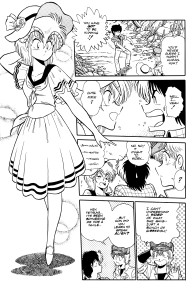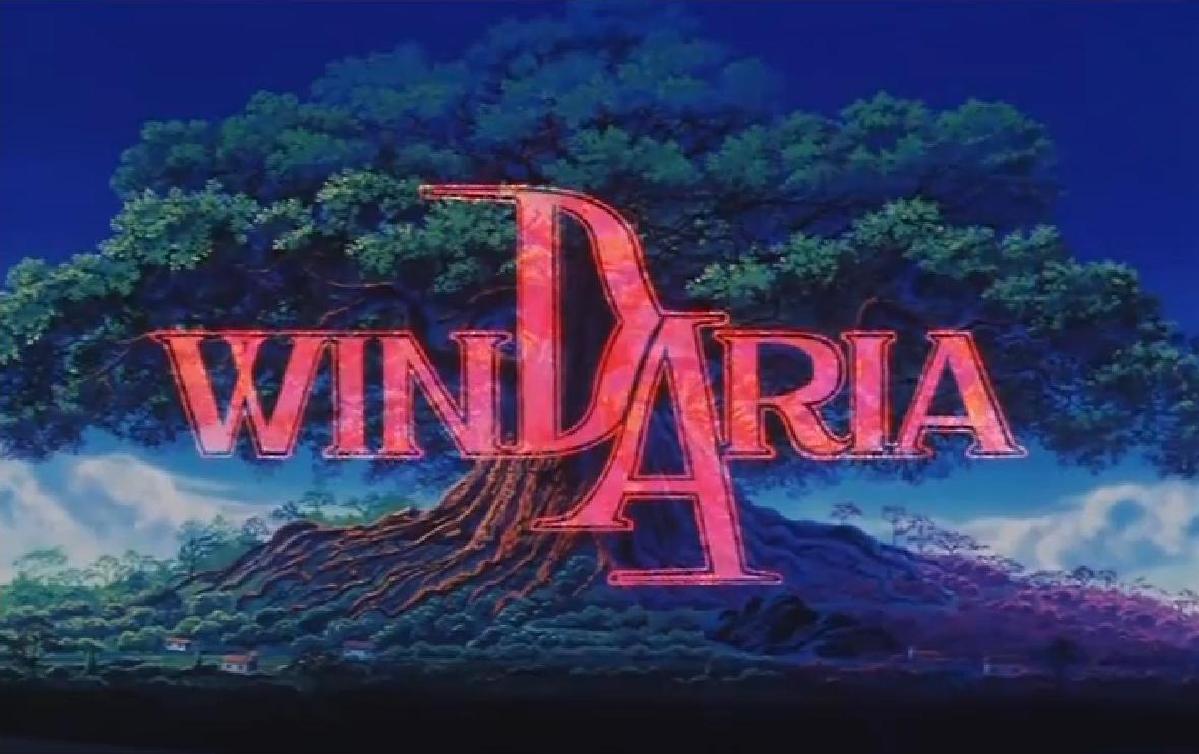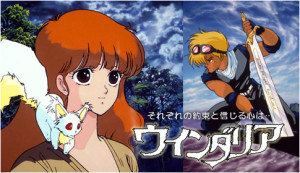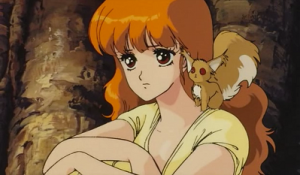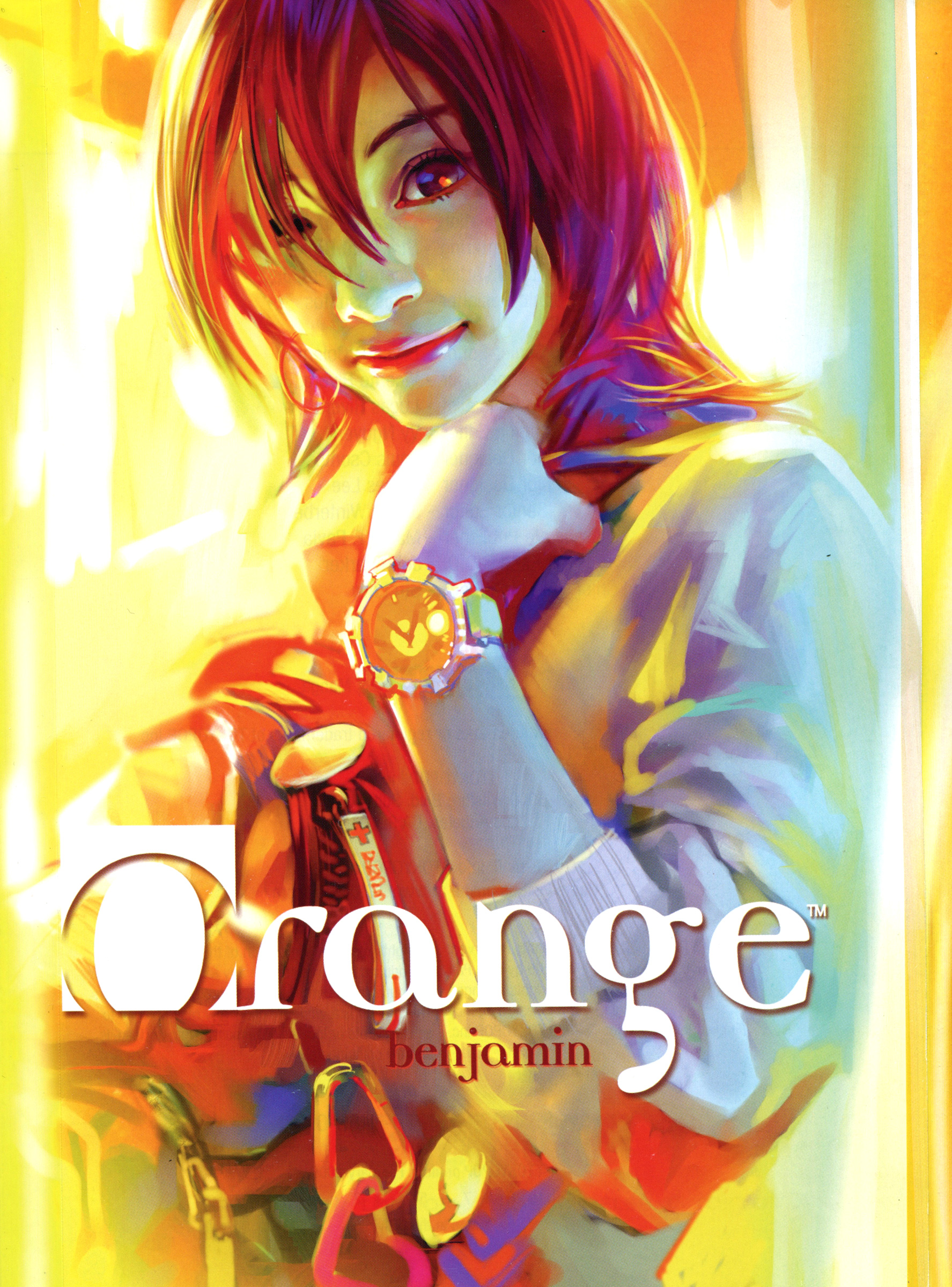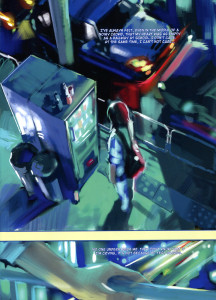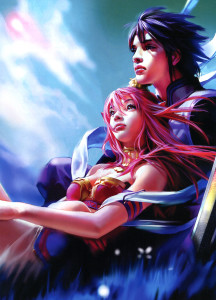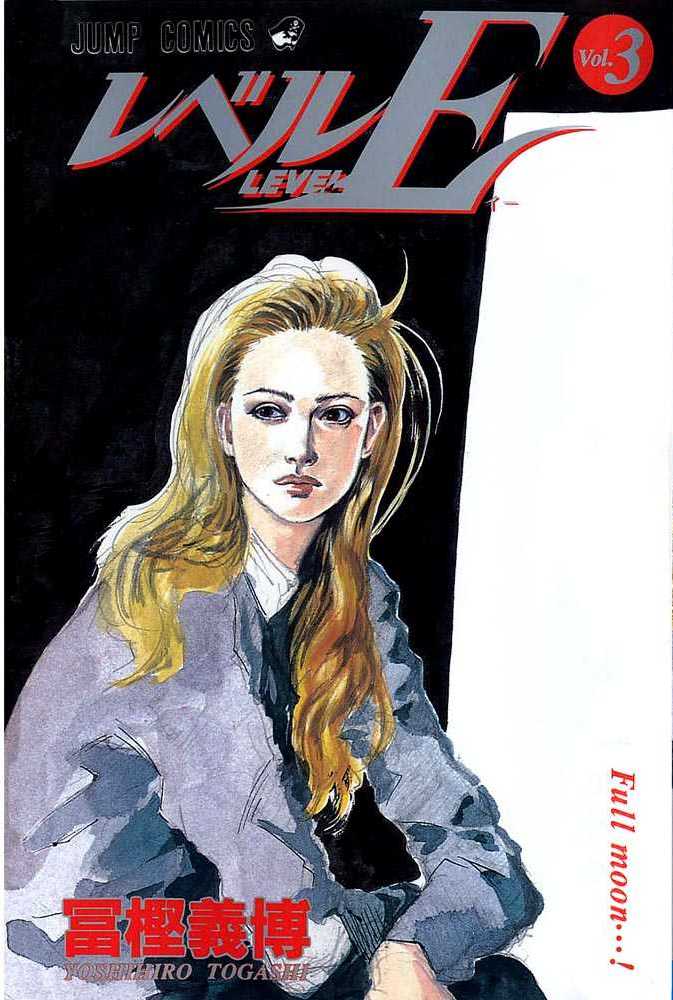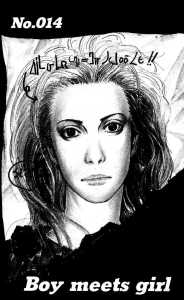Another Osamu Tezuka manga! From 1949 too! After Dororo, Metropolis is probably the least bad Tezuka work I’ve read, but that doesn’t mean it’s all that good either.
The blurb:
From Osamu Tezuka, creator of Astro Boy, comes Metropolis, the legendary 1949 graphic novel that inspired the animated fame that floored audiences and critics alike. In a not-so-far-off future a beautiful, artifically created girl — unaware of her non-human background — wanders alone in a world populated by humans and by the slave-driven robots who serve them as she searches for the non-existent parents she believes must exist. Tezuka’s key theme of the nature of humanity in a technological society is framed in bold relief, as well as his wry allegorical observations of the Cold War that was escalating when he created Metropolis. A brilliant work of wit and wisdom — and guest-starring some friends you may recognize from Astro Boy! — Metropolis is one of graphic fiction’s most enduring tales.
As with Lost World, he also claims to be unfamiliar with the 1927 movie of the same name that the manga is suspiciously similar to. But since Tezuka is the “god of manga” or whatever they like to call him, no one bothers to dispute his claim. Personally I think he copies both originals, but that’s neither here nor there. Let’s just evaluate the manga as we have it.
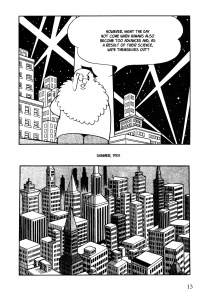 TBH I don’t remember any observations on the Cold War, except for the part where a scientist speculates that humans become too advanced they might end up destroying themselves. I wouldn’t have realized it was linked to the Cold War if the back cover hadn’t pointed it out. The part about Michi “wandering alone” is not quite accurate either, since for most of the manga s/he is in the constant company of friends.
TBH I don’t remember any observations on the Cold War, except for the part where a scientist speculates that humans become too advanced they might end up destroying themselves. I wouldn’t have realized it was linked to the Cold War if the back cover hadn’t pointed it out. The part about Michi “wandering alone” is not quite accurate either, since for most of the manga s/he is in the constant company of friends.
That’s the other thing – strictly speaking Michi is neither male or female. There’s a switch in her throat that changes her gender when pressed, but s/he spends most of the game in male form, so I’m going to call him ‘he’ from now on. Michi is an artificial created by an evil Red Party …. ohhh, Red Party. Communism! D’oh, now I get it. Is Michi supposed to represent nuclear power gone out of control? Interesting.
Anyway, this fact is hidden from Michi for most of the story. He seems to be a mild-mannered sort of kid, but when he finds out the truth he goes totally berserk and destroys much of the metropolis before meeting his end. This turn of events is rather sudden because Michi had been such a happy, friendly child before, but I suppose the signs were there early on. Besides he wasn’t really human and he’s immature to boot, so it’s not quite fair to expect him to react with human rationality. “When science is misapplied, innocents suffer,” is what Tezuka seems to want to say.
My overall opinion of Metropolis is “Unrealized potential.” There were a lot of things that didn’t get the attention they deserved. Duke Red and the motivations of the Red Party, for example. The reason for Duke Red’s obsession with the statue that Michi looks like (no, it’s not his kid like Wikipedia claims). The friendship between Ken and Michi needed a little more exploration. The character of Emmy kind of came out of nowhere and went nowhere. Just because Duke Red is dead doesn’t necessarily mean the Red Party is done for. The ending is cheesy and rather abrupt. Poor Michi killed a lot of people but it’s okay ‘cos he was just misunderstood, aww. NOT.
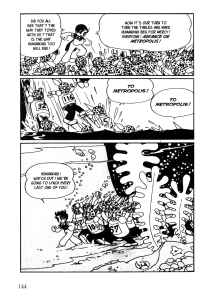 In the author’s notes at the end of Metropolis, he mentions that he had to cut out a lot of things at the end of the manga, which goes a lot way to explain how sudden the events of the last third of the book are. There’s a lot of time wasted fighting giant Micky Mouse lookalike rats and running from KKK-dressed henchmen that would have been better served focusing on Michi, IMO. So the explanation that Tezuka meant to devote more attention to more important matters but never got around to it is a plausible one. I just think he cut the wrong things out of the manga when he had to, but I’ll buy his excuse that he was pressed for time.
In the author’s notes at the end of Metropolis, he mentions that he had to cut out a lot of things at the end of the manga, which goes a lot way to explain how sudden the events of the last third of the book are. There’s a lot of time wasted fighting giant Micky Mouse lookalike rats and running from KKK-dressed henchmen that would have been better served focusing on Michi, IMO. So the explanation that Tezuka meant to devote more attention to more important matters but never got around to it is a plausible one. I just think he cut the wrong things out of the manga when he had to, but I’ll buy his excuse that he was pressed for time.
So yeah Metropolis an interesting little story that doesn’t really go anywhere. At least it doesn’t contain any offensive content like Ayako, plus it’s a complete story in one little volume. It’s worth a read if you like standalone graphic novels or just want a light introduction to older scifi manga. I’m still on the hunt for what makes Osamu Tezuka so special, though.
